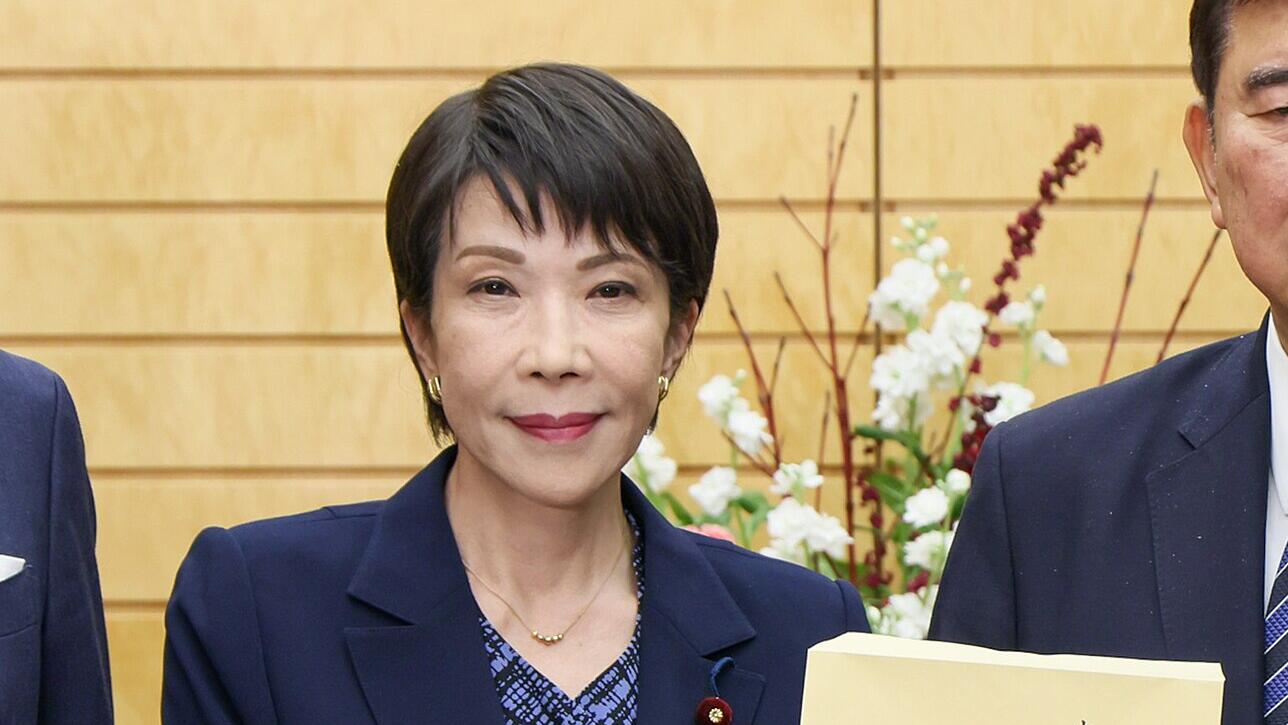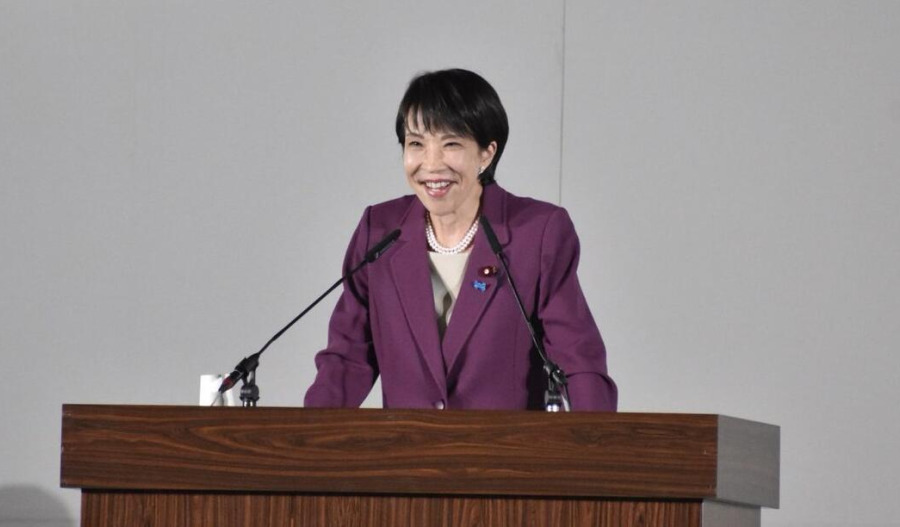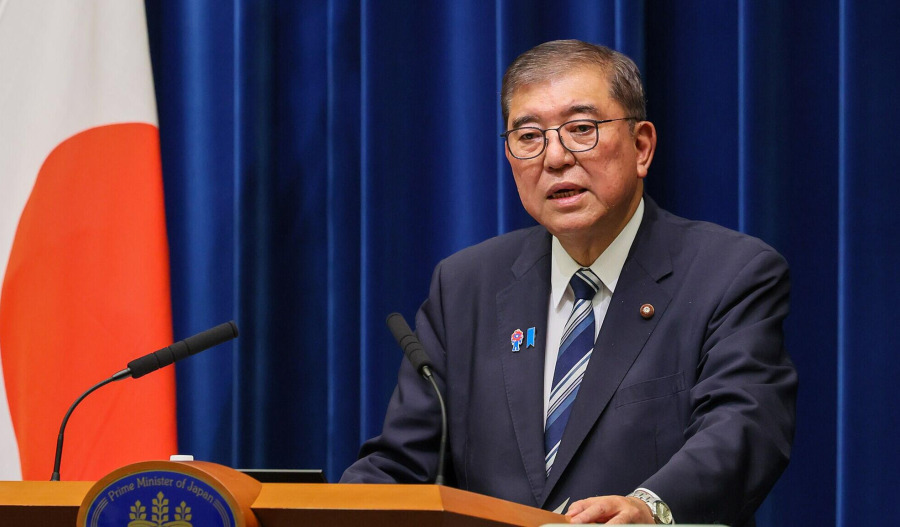Japan’s ruling coalition has split, with the Liberal Democratic Party’s (LDP) junior partner Komeito saying it would leave after a disagreement over proposed campaign donation rules.
The LDP chose Sanae Takaichi as its new leader earlier this month, though the parliamentary vote to elect her as prime minister has now been delayed until 20 October. Komeito’s lawmakers will vote for its party leader, Tetsuo Saito, as prime minister, Saito said.
“We have cooperated over the last 26 years, including when we were out of power. That this relationship is coming to such a conclusion is extremely regrettable,” said Takaichi.
In March, Komeito and the Democratic Party for the People (DPP) drafted a proposal to limit corporate donations to lawmakers and ban donations to political groups led by politicians. The LDP is the largest beneficiary of corporate donations, and Takaichi did not commit to backing the proposal.
Saito also cited the LDP’s handling of a 2023-2024 scandal where members of the party were found storing more than JP¥600 million (A$6 million) collected from fundraising events in illegal slush funds.
The LDP-Komeito coalition has lost its majority in both Japan’s upper and lower houses in elections over the past year. The LDP alone is 37 seats shy of a majority in the House of Representatives, though it remains the largest party.
It is likely to seek a new coalition with both the Japan Innovation Party, which has 35 seats in the House of Representatives, and the DPP, which has 27.
The vote to choose a new prime minister has been delayed by five days, after previously being set for 15 October. Takaichi would proceed to a runoff vote if not elected with a simple majority.
The Constitutional Democratic Party (CDP), the largest opposition party, aims to cooperate with the DPP to field a rival candidate to Takaichi. CDP leader Yoshihiko Noda said the party would be willing to back DPP leader Yuichiro Tamaki as prime minister.
Takaichi, a conservative, would be Japan’s first female prime minister. She is a supporter of late Prime Minister Shinzo Abe’s economic policies, which include fiscal stimulus through high government spending.
Related content


